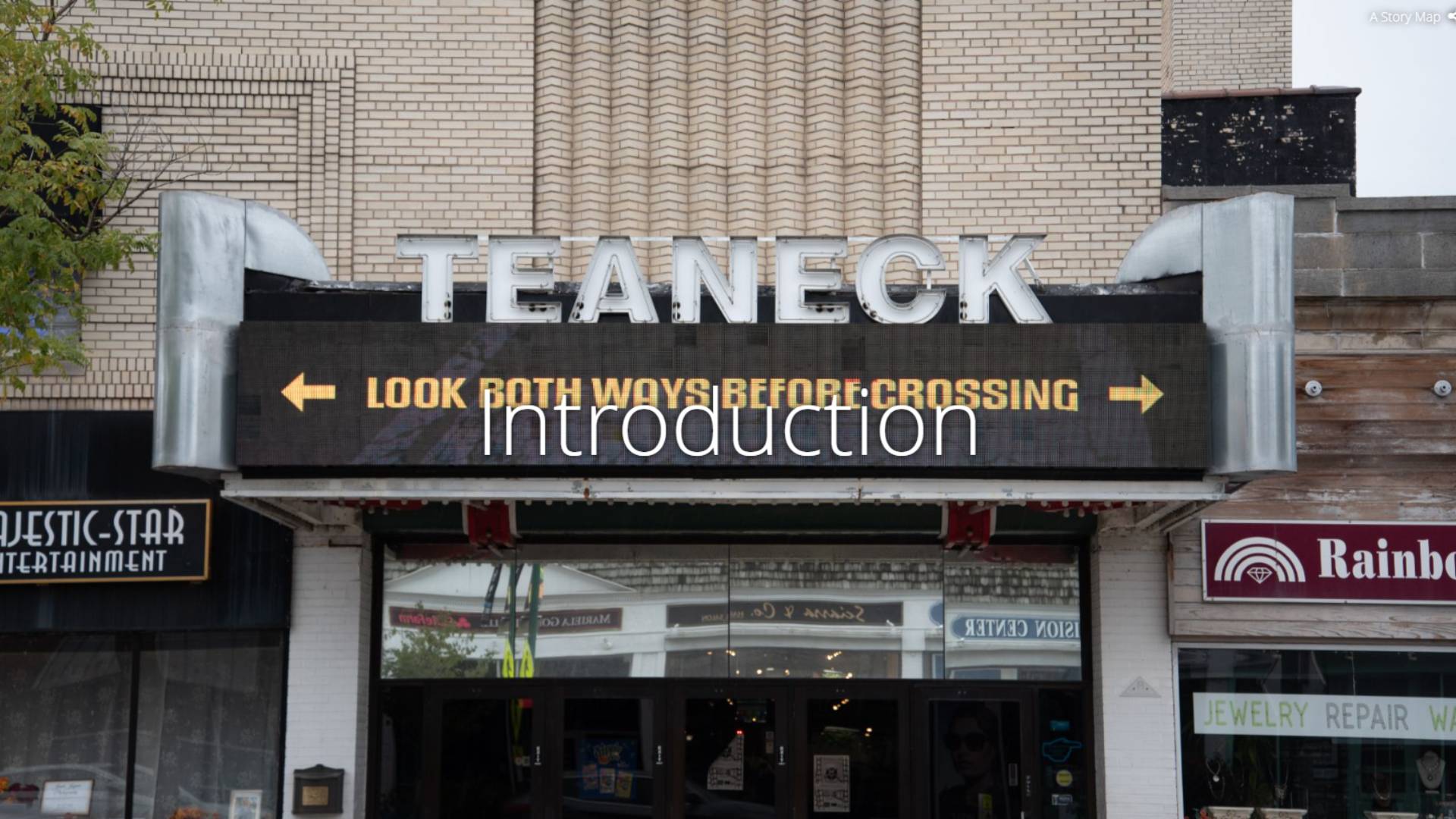On March 14th, 2020, the Township of Teaneck, NJ ordered its residents to self-quarantine to protect their health from an emerging public threat known as COVID-19. Nine months later, this order marked a first in a long line of ongoing government responses to a global pandemic that had, as of December 5th, 2020, infected more than 1,691 residents of Teaneck alone. Local communities across the United States and the world faced unprecedented uncertainty, as the full extent of the impacts of COVID-19 has yet to be determined. Though the long-term consequences are not yet known, it is clear that our communities in the near future will have a moral imperative to, first, reduce the likelihood that public health crises on the scale of the COVID-19 pandemic reoccur and, second, to secure a future that, not only addresses the inequalities that have been revealed by the pandemic, but prioritizes healthy and resilient communities for generations to come.
Recognizing this, the Township of Teaneck recruited the help of Rutgers University’s Graduate Urban Planning program to conduct a Graduate Land Use and Design Studio to analyze the impacts of COVID-19 measured to date and recommend a future vision to meet this moral imperative. Sixteen Bloustein graduate students carried out the objectives of this studio from September to December 2020 in an online studio working from several countries and time zones. This was the continuation from Bloustein practicum studio conducted in the Spring of 2020 for the Township of Teaneck. The predecessor studio conducted online work in the first two months of the COVID-19 Pandemic, preparing a future growth analysis plan for the township which provided an important foundation for the analysis carried out and incorporated in subsequent reports.
Studio goals included; 1) Create the vision of Teaneck that will withstand future pandemics and health crises, while providing a high quality of life for the residents of Teaneck; 2) Identify best practice recommendations that will be implemented in both the short-term and long-term; and 3) Build upon the analysis conducted by Spring 2020 studio, to provide the resources and information necessary to inform future public and private deliberations on the post-pandemic to Teaneck.
Instructor: Barbara Faga

